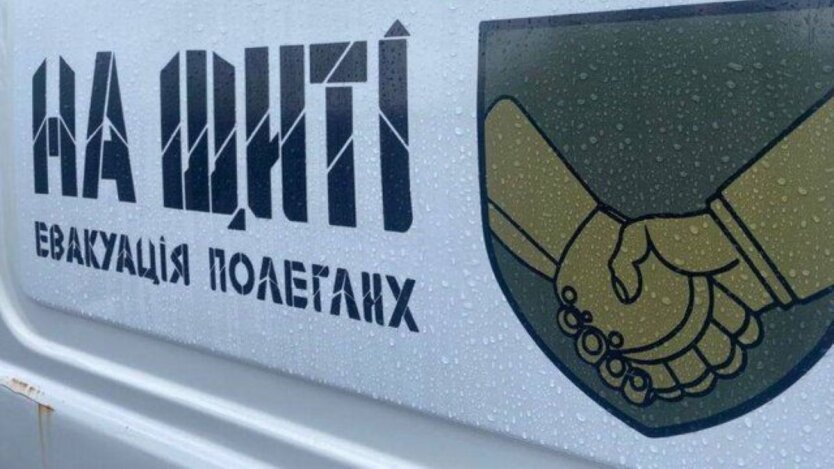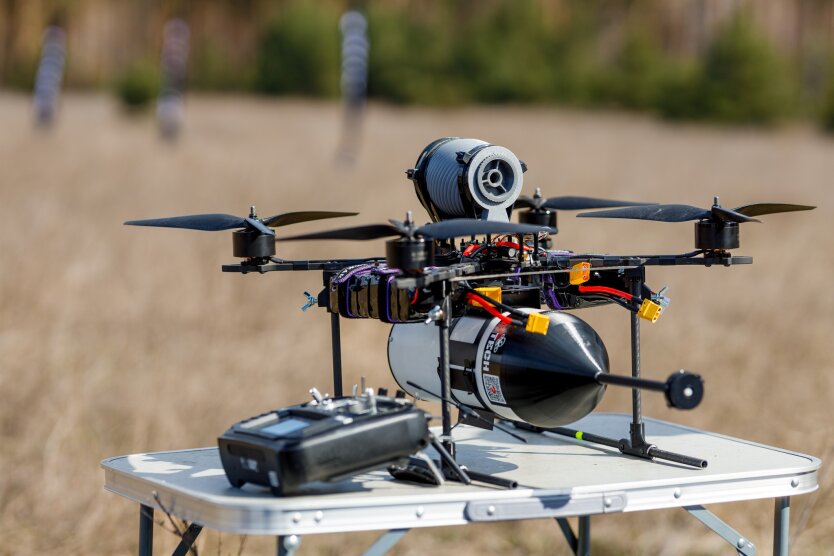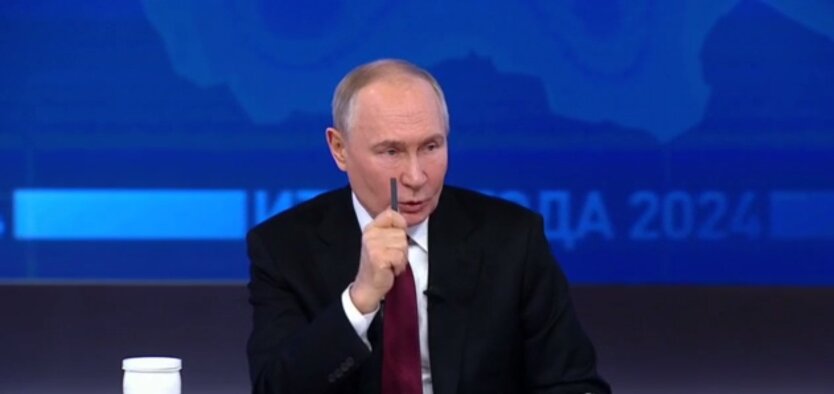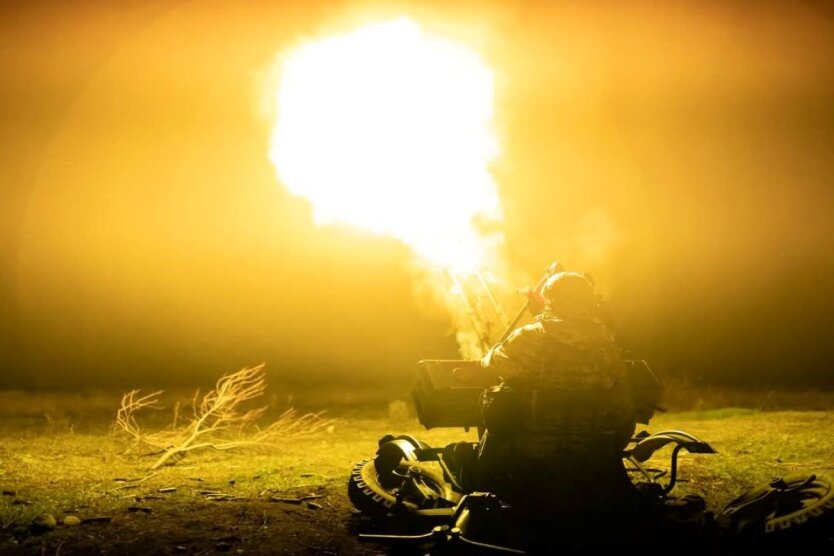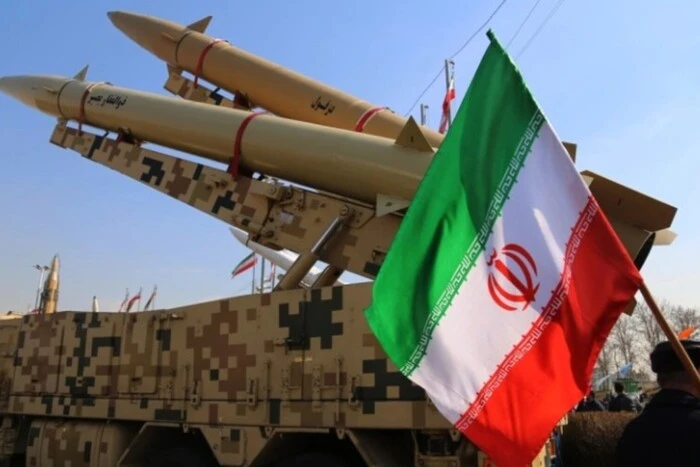The Presidents of Latin American Countries Will Hold an Emergency Summit Due to Trump's Policies.

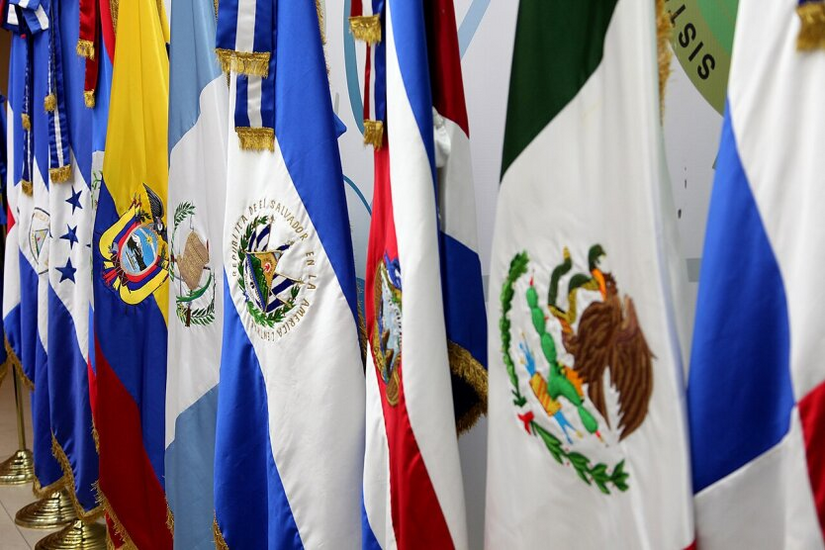
The presidents of Latin American countries are convening for an emergency summit to respond to the deportations of migrants provoked by U.S. President Donald Trump.
The President of Honduras, Xiomara Castro, who heads the Community of Latin American and Caribbean States (CELAC), called this meeting at the request of Colombian President Gustavo Petro. The meeting will focus on discussing migration, environmental issues, and regional unity.
'There is great concern among Latin American embassies in Washington. It seems like we have returned to 1897 and the era of President (William - ed.) McKinley, who invaded Cuba and the Philippines.'
Some diplomats wish to avoid loud statements and prefer to lean towards a common position before publicly opposing Trump's policies.
'Gustavo Petro has shown how to interact with Trump. He engaged in a social media battle, even if he had no opportunity to fight.'
Latin American countries have already faced an extensive deportation campaign by the U.S. Additionally, Trump threatens to impose tariffs on Mexican goods and regain control over the Panama Canal. On Sunday, he also announced the introduction of a 25% tariff on goods from Colombia but agreed to reverse this decision after President Petro agreed to accept migrants. Cuba and Venezuela support Petro, but countries like Brazil and Mexico are not commenting on the situation publicly.
Colombia, which is traditionally the closest ally of the U.S. in South America and heavily depends on the American market, has little influence on Washington. Panama, which has no army and heavily relies on trade with the U.S., is particularly vulnerable. Mexican President Claudia Sheinbaum has publicly opposed Trump's policies, although in private conversations, she has agreed with many of his demands concerning the return of migrants and the fight against fentanyl trafficking.
Analysts and diplomats believe that China, which is actively expanding its presence in Latin America, could use Trump's unpredictable moves to strengthen its position in the region.
Read also
- The Ministry of Internal Affairs explained how they identify Russian soldiers among the transferred bodies of the deceased
- Ukrainian developers submitted 42 projects for the NATO competition against FPV drones on fiber optics
- Putin outlined conditions for a meeting with Zelensky: what nuances the dictator spoke about
- The Defense Forces assessed the threat of an enemy landing operation on the coast of Odessa
- Military explains why Russians significantly intensified their offensive in the Novopavlivka direction
- Is Iran creating nuclear weapons: US intelligence data

